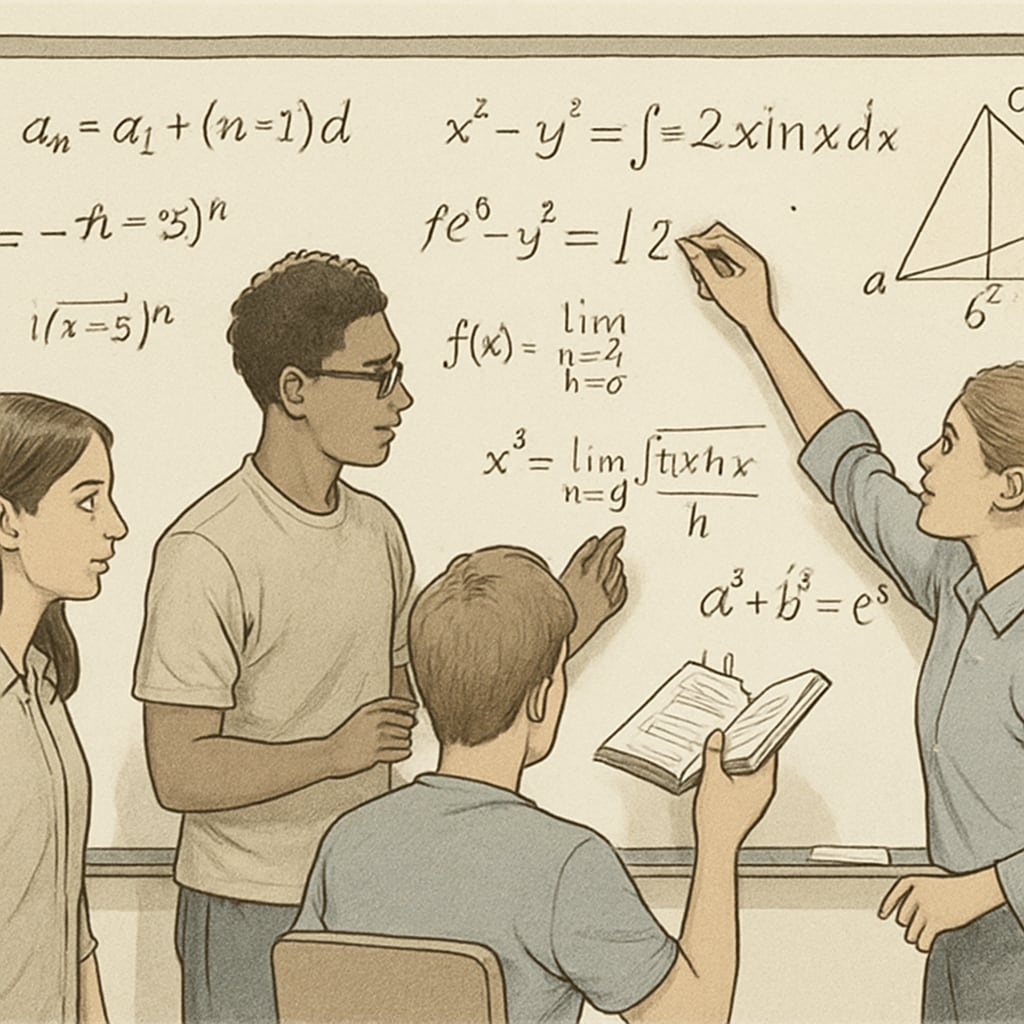For high-achieving students who already excel in academic tests, mathematics ability, and reading comprehension, the pursuit of further academic growth can feel like an uphill challenge. However, even the most capable students can find areas to refine and expand their skills. This article offers practical strategies tailored to ambitious learners, with a particular focus on mathematics and reading for those aspiring to careers in fields like medicine.
Building Advanced Reading Skills for Academic Excellence
Reading is not just a skill but a gateway to knowledge, especially for students aiming for careers in medicine or other demanding fields. To elevate reading skills further, high-achieving students should focus on comprehension, critical analysis, and speed reading techniques.
- Comprehension: Prioritize understanding complex texts and extracting key ideas. For instance, practice dissecting scientific papers or medical case studies.
- Critical Analysis: Develop the ability to evaluate arguments and identify biases. This is particularly useful for interpreting research data and medical literature.
- Speed Reading: Time is of the essence for busy students. Techniques like skimming and scanning can help process large amounts of information efficiently while maintaining accuracy.
To practice, students can explore resources such as Reading Comprehension on Wikipedia for deeper insights. Additionally, engaging with challenging materials like medical journals or philosophical essays can foster improved critical thinking.

Enhancing Mathematical Proficiency for Future Success
Mathematics is a cornerstone for many academic disciplines, particularly in STEM (science, technology, engineering, mathematics) fields. High-achieving students can take their skills to the next level by focusing on advanced problem-solving strategies, real-world applications, and exploring interdisciplinary connections.
- Advanced Problem-Solving: Work on multi-step problems that require deeper logical reasoning. Topics like calculus and statistics are particularly relevant for medical and scientific fields.
- Real-World Applications: Apply mathematical concepts to practical scenarios, such as medical dosage calculations or data analysis in clinical research.
- Interdisciplinary Connections: Explore how mathematics intersects with biology, chemistry, and physics to solve complex problems.
Online platforms like Mathematics on Britannica offer excellent learning resources for advanced topics. Additionally, participating in math competitions or working on collaborative projects can sharpen skills and broaden perspectives.

Integrating Time Management and Self-Reflection
Excelling academically requires more than just intellectual ability—it also demands effective time management and self-reflection. By optimizing study schedules and periodically assessing their progress, high-achieving students can ensure consistent growth.
- Time Management: Break study sessions into focused intervals (e.g., the Pomodoro Technique) to maximize productivity.
- Self-Reflection: Regularly evaluate strengths and weaknesses. Journaling study habits and outcomes can help identify areas for improvement.
For example, students can use digital tools like time-tracking apps to monitor their productivity and adjust their routines accordingly. Balancing academic pursuits with extracurricular activities is also vital to maintaining overall well-being.
Conclusion: The Path to Lifelong Learning
High-achieving students have already demonstrated their ability to excel, but the journey to mastery never truly ends. By focusing on advanced reading and mathematical skills, integrating effective time management, and engaging in self-reflection, these students can continue to grow and prepare for the challenges of higher education and beyond. The pursuit of excellence is a lifelong endeavor—one that rewards persistence, curiosity, and dedication.
Readability guidance: This article uses short paragraphs, clear headings, and lists to ensure accessibility. Active voice, transition words, and concise language are prioritized for better engagement and comprehension.


